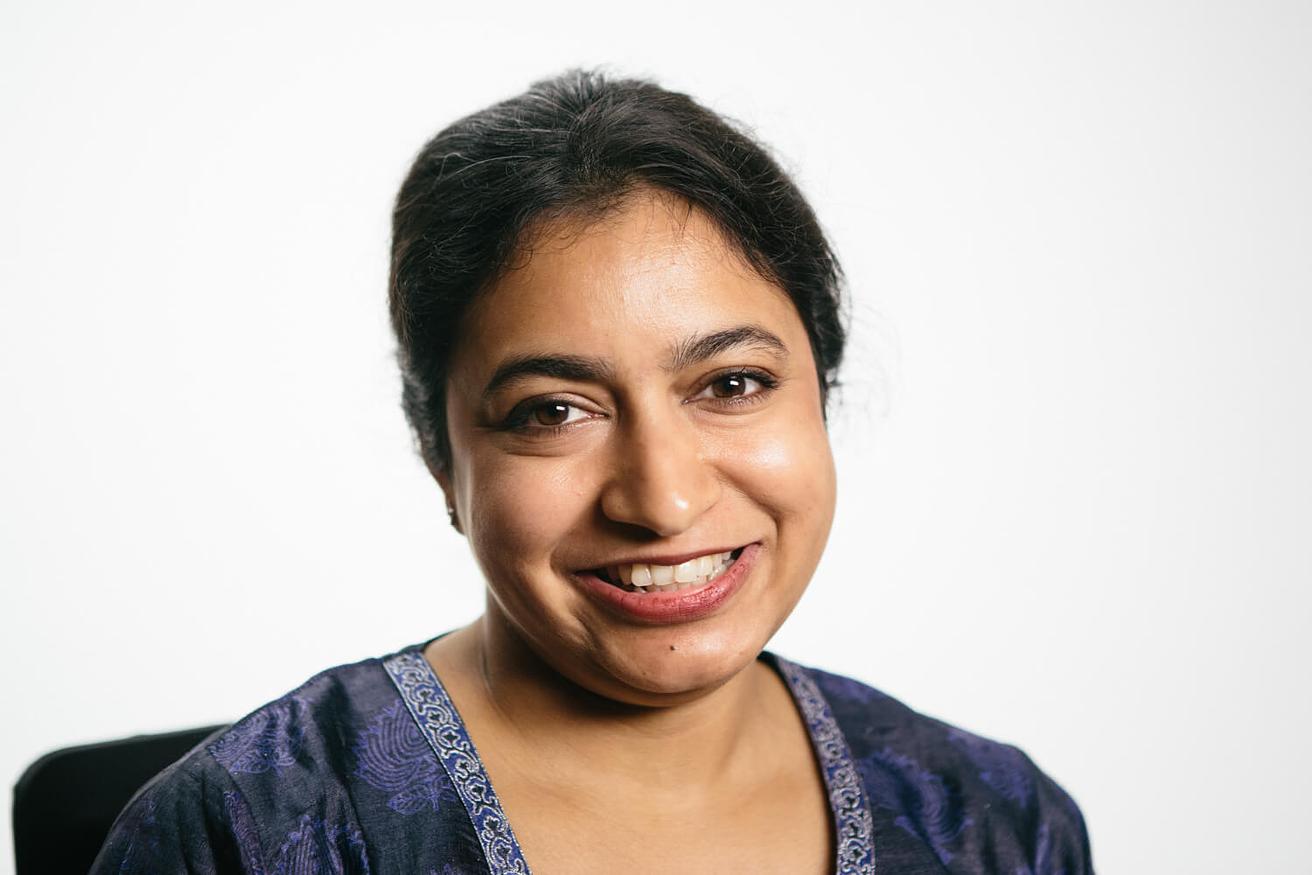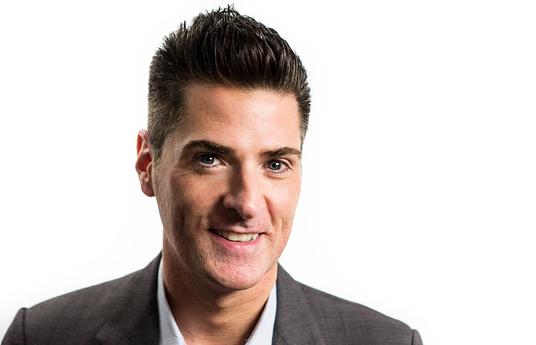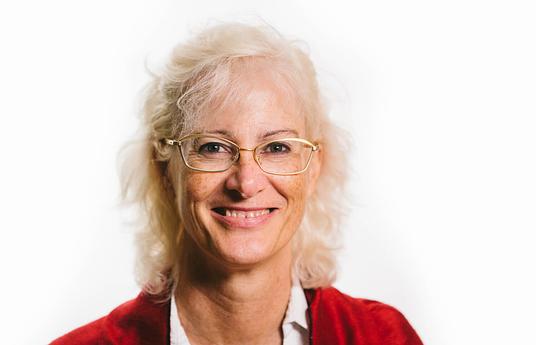Chandrika Bahadur
Chandrika Bahadur is Director for Education Initiatives at the SDSN, based in New Delhi. Previously she was a consultant to the Indian Institute for Human Settlements, Bangalore. From 2011-2012, she worked with Columbia University, helping the Government of Jordan in designing its poverty reduction strategies.
Skills
What role will the SDG’s play in the future of education?
The SDG on education calls for inclusive and equitable quality education for all and lifelong learning opportunities, and it is a game changer for the education sector. What it has done for the first time is mobilise the entire education community to focus on end outcomes, and this is something that has been missing for a long time in global education policy making.
The consequences are actually profound, because for the first time the goal is not saying that we need to focus on making sure that every child is in school or that every child has access to a certain infrastructure.
What we're getting down to is the heart of the purpose of education - why is it that children need to go to school? Why is it that we need to educate a population? What the SDGs tell us is that if we're looking to create a future for ourselves - which is a sustainable, prosperous, inclusive future - it is imperative that we judge and evaluate our efforts in education on how well our children are able to cope, and how well they're able to contribute to creating this future.
So the goal is not just numeracy, literacy, or vocational skills. The goal is preparing people to be responsible citizens, to be engaged in global citizenship and to use their skills productively. That's a very big difference, I would say both in ambition as well as in effort, from anything that has been attempted in the past at a multilateral level.
What is the purpose of school?
What has changed in the last ten to fifteen years, and what is going to change moving forward are the economic foundations and the structure on which schooling was premised. We are moving into a world where there will be two broad trends that will stand out.
First, we are likely to see life expectancies go up over the next thirty, forty, fifty years, probably into the 100s. We are looking at working lives which will probably span seventy to eighty years. This means that a one shot education preparation at the start of somebody's life is not going to be enough. We will need to think about ways that people can come back to school or learning, go back into the workforce and repeat this process over and over again. We are looking at multiple careers - a first career, a second career, even concurrent careers.
The second reality, and it is already well on its way, is that anything that can be automated will be. This means that low skill labour will probably become redundant faster than we realise it will, and that creates a very big challenge because it questions the nature of work entirely. In that situation the kind of income flows we'll see are either those that are earned through using the mind to analyse information, create new ideas and adapt to new circumstances, or those that are earned through dealing with people, the service industry. That's going to be the other big area of work.
These two trends together, the longevity and the changing nature of work, are actually going to fundamentally change why people go to school and what they do when they're in school. I think the nature of what we see as an education system will change. And that would mean that schools would need to change as well.
Teachers
Did you have a favourite teacher?
Yes, and actually I am in touch with several of them still, more than two and a half decades after leaving school. I think the reason I am in touch with them and the reason they were special is because the relationship with them was not an academic relationship. It was not a transactional relationship.
That's a crucial aspect because even when we talk about the future of schooling and education and what it means for children, it is very important to make sure that children are equipped and are trained to think rigorously. That's a very important skill, and it's a skill that takes many years of practice.
Cognitive development is something that we are learning a lot about now. I work with children who come from backgrounds where they've not had good schooling and the difference between a child that has been trained to learn, or has become an active learner and the experience of a child that has not trained to be an active learner is very clear. Those skills are very important, but much more than that it is the human interaction, the nurturing, and nurturing comes in many different ways. So obviously the family is the first and the safest space for a child, but nurturer is also a role that teachers play.
We’re here at a conference looking at the future of technology in education. Technology will, I think, transform education and how it is delivered, but the need for an adult role model, or several adult role models who can mentor them, guide them, teach them social, cultural values, help them become better citizens is critical.
So the teachers that I look up to, the ones that I am still in touch with, are actually who I would now call friends because they've been my mentors and guides pretty much throughout my life.
Leadership
Whose responsibility is school?
I would distinguish between the right to provide an education and the provision of a school. I think they are two different things. Education is a fundamental human right, it is also the natural instinct of every child. So it is actually a denial of the basic right of a child to be curious, and to fulfill and satisfy that curiosity, if that child is not encouraged to learn. So I want to separate these two concepts. How one provides the education is a second question.
The obligation to provide an education is a shared obligation. It's the obligation of families, it's the obligation of siblings, it's the obligation of society, of governments, of private citizens. Who should provide a school really depends on what sort of a structure of education we're looking at.
There is no country in the world that gives its citizens an equal and equitable right to a prosperous life without having invested in large scale public education.
This model is largely comprised of building out networks of public schools so that every child, irrespective of background, can be admitted to. Children perform differently, both because every child is different but also because backgrounds matter. Where and how children grow up in their initial years matters.
A third phenomenon that's going to impact what happens to education is that we are learning so much more about how the human brain functions. We're learning when children learn, we're learning how children learn. The field of early childhood development has made enormous strides in the last few decades.
For example, we know that children are born with a recognition of all 800 phonemes, so they can potentially learn any language on earth as long as they're under the age of seven. Now that has enormous complications for how and when we teach language. These are things that we didn't know as well as we know now, and that knowledge base is only going to expand.
The more we understand about how children learn, the more equipped we are going to be to provide every child the opportunity to learn in a way that he or she wants. That's very different from the kind of mass education system, the cookie cutter approach, that schooling essentially has been in every country in the world up to this point.
Where we are headed is a far more exciting and unknown space. What's likely to happen now as we are being to understand the brain better and what sort of work is going to be required for the labour force of the future, we will be able to provide much more tailored and specific education to a child depending on the child's interest and abilities, as well as on the requirements of the economy and the society that the child lives in.
I see a trend that’s not away from mass education but away from standardised education. Whether that will happen through schools or not is something we don’t know yet, but it may very well happen outside of the formal schooling system.
Personal memory
What was your favourite moment in your own education?
I have many favourite moments from my own education, but I think the best moments were in the earliest years. When you're very young everything is an exploration. One of the things I'm most grateful for is that as a child I was sent to a school where there was a very strong emphasis on letting children find themselves, letting children actually develop rather than focusing on academics. For the first six or seven years of my life it didn't matter what I studied or how well I did academically.
That really sets the foundations for both a deep level of comfort and a love for learning because it's not enforced. I feel very privileged, and because I did have that experience I know how precious it is.
The next 100 years
The next 100 years of Finnish education should… continue to do what Finnish education has done for the world so far, which is two broad things.
The first is demonstrate that it is possible to transform a system in a relatively short amount of time. That has been an enormous inspiration to a lot of countries, and I speak as an observer from another country where I have watched in awe at what the Finnish education system has been able to achieve.
That process of transformation is not static - the next 100 years are going to change education in very fundamental ways. We need examples of how this can be done around the world, and Finland is wonderfully poised to do that.
The second aspect of education that I would like to see in Finland in the next 100 years is exploring a little more how quality can be maintained with diversity. That is something that has not been very relevant for Finland so far.
When I say diversity I mean relatively speaking, but I do think in the next 100 years Finnish society will change - inevitably there will be an influx of people from different parts of the world. How a system copes with diversity yet maintains quality, and maintains a focus on this balance is difficult and to do this for everybody is even harder.
Finland is poised to be the country that can demonstrate this because it has already been able to show that it can outperform every other country on traditional parameters. Now it's a bit of a leap into the unknown, but I think if there is any country that can do it, it is Finland.



